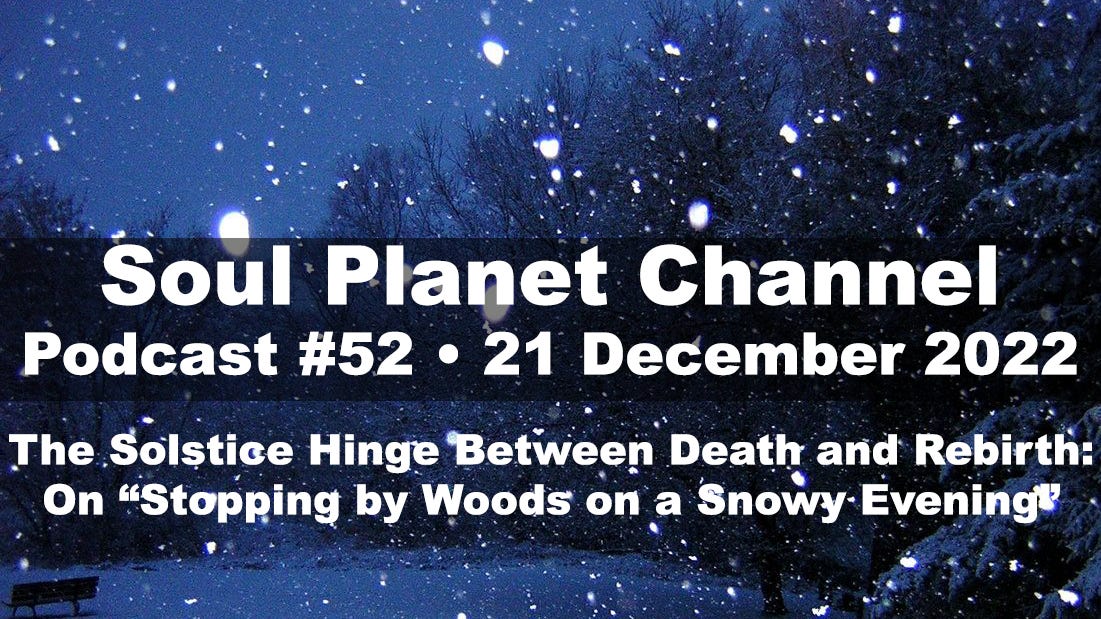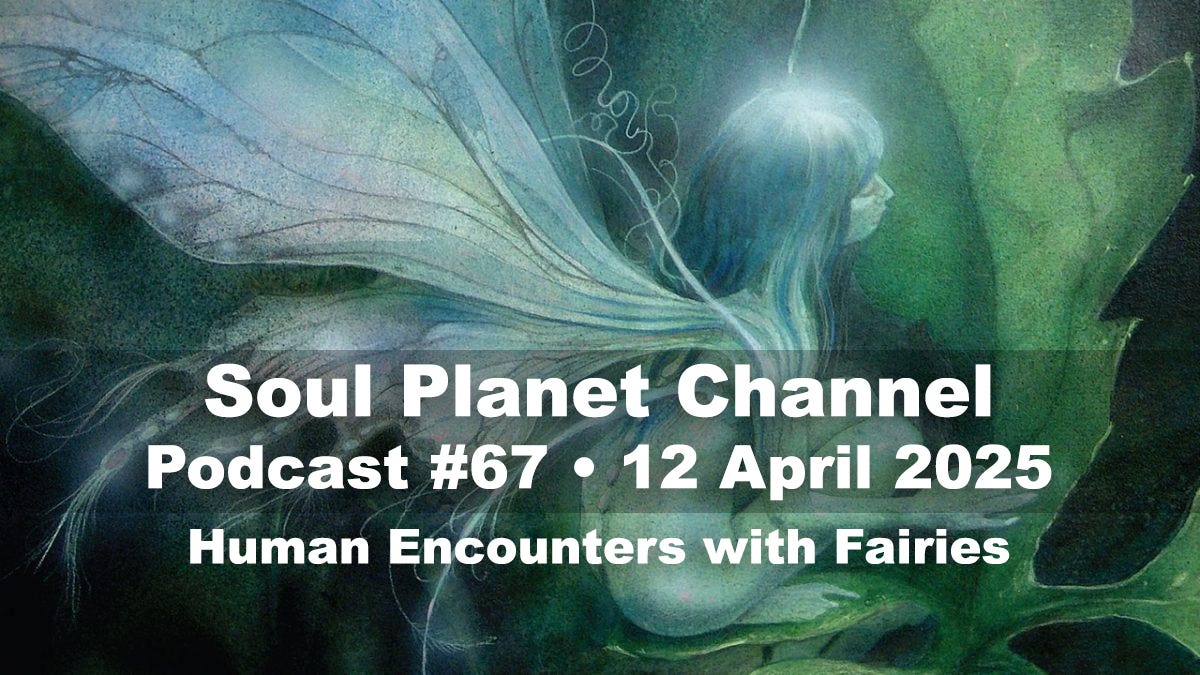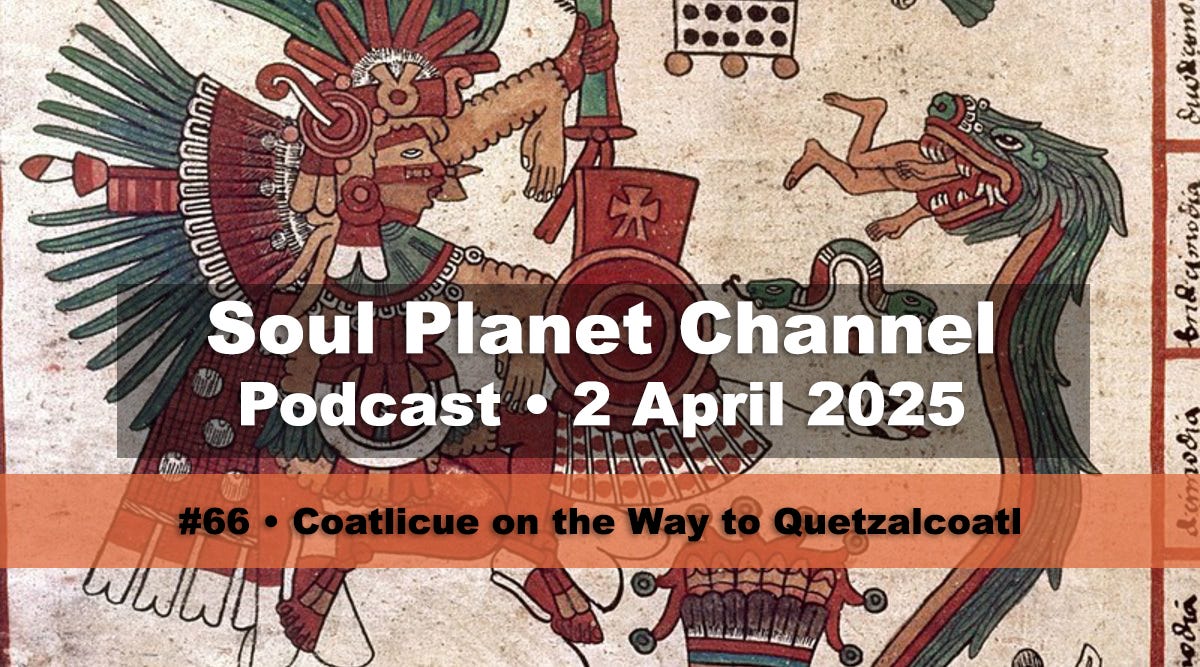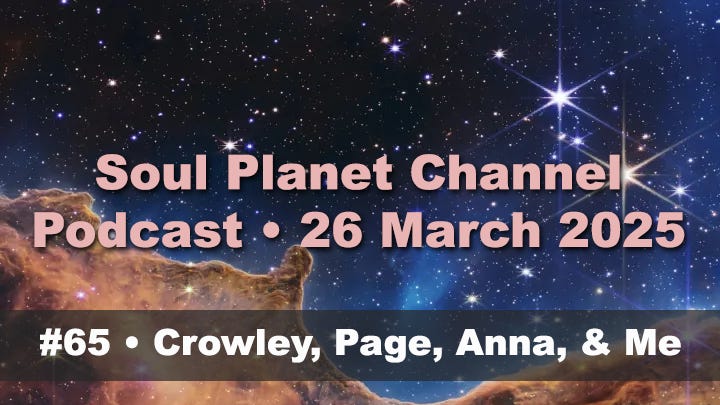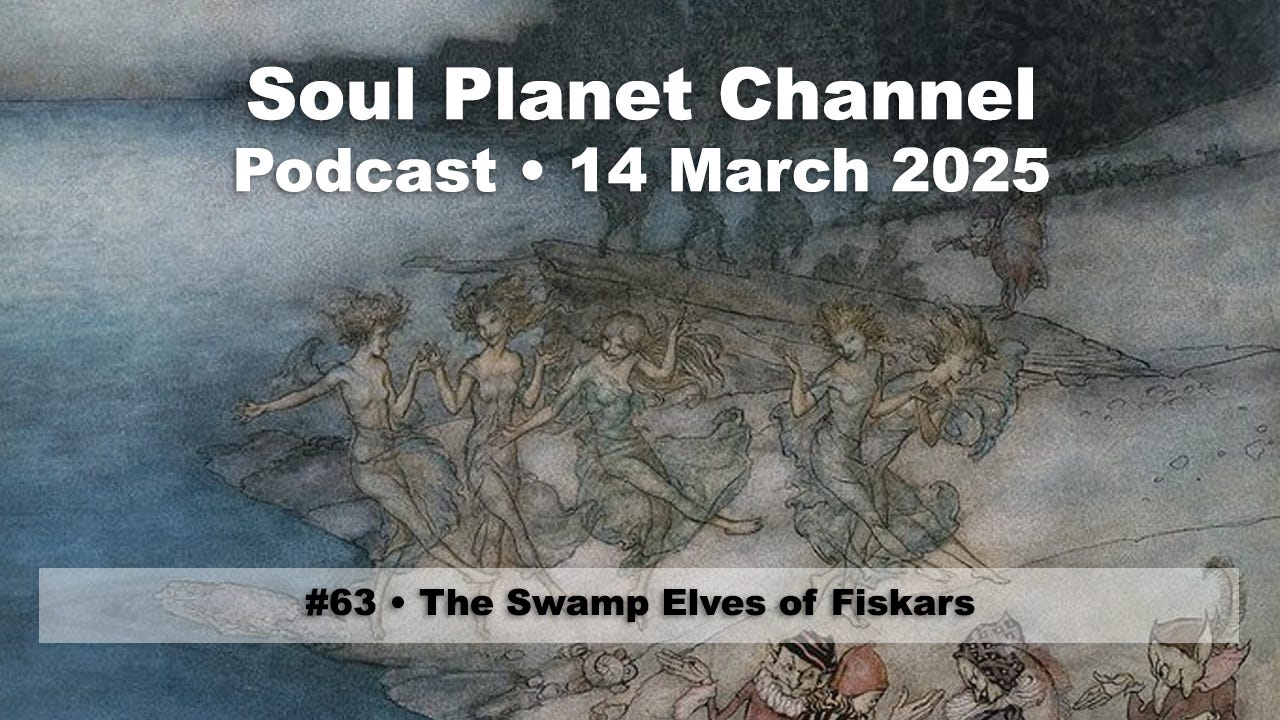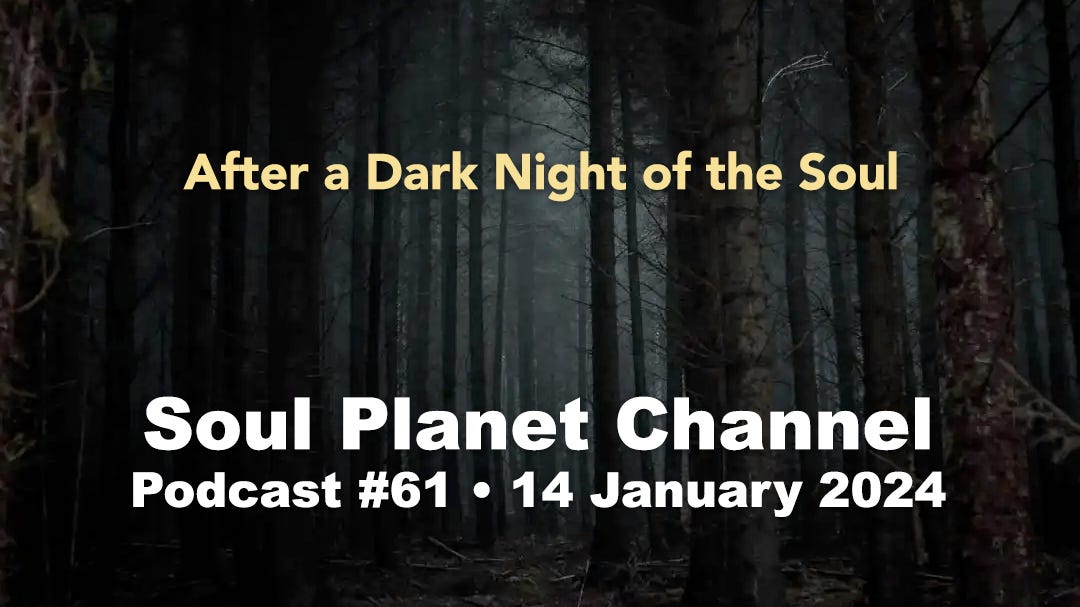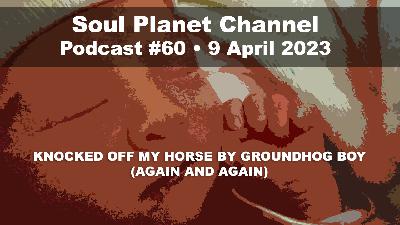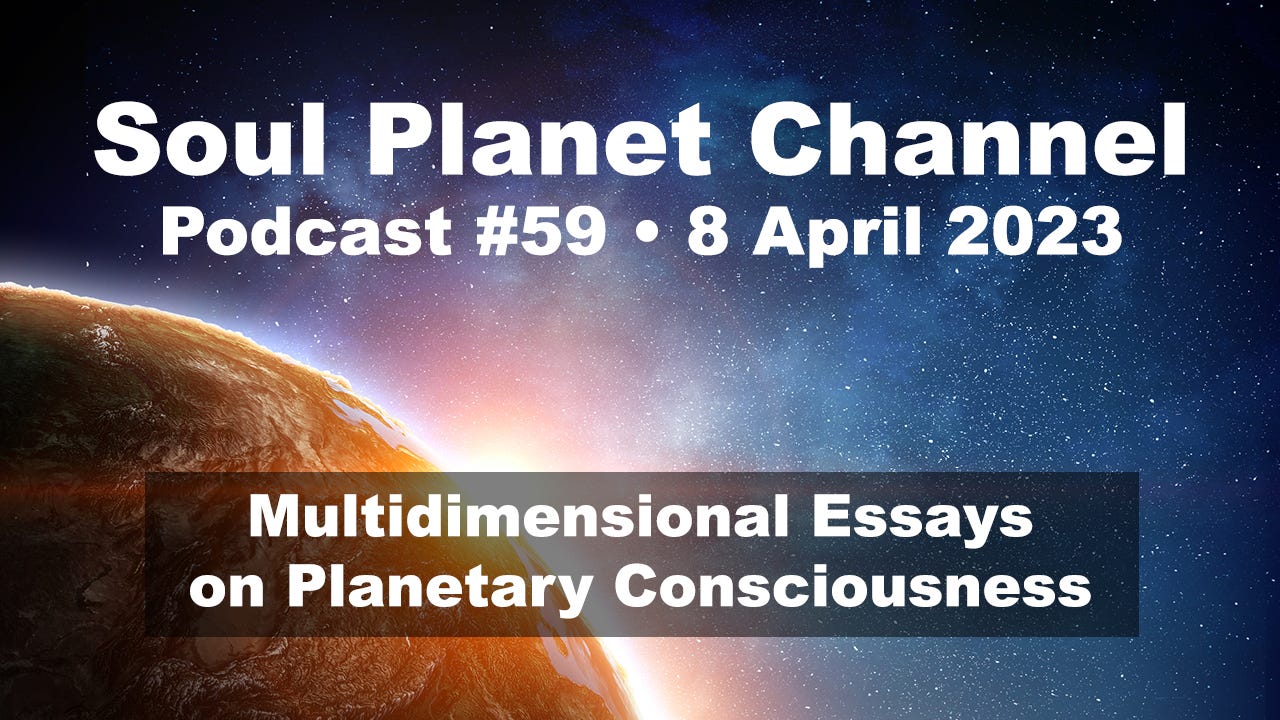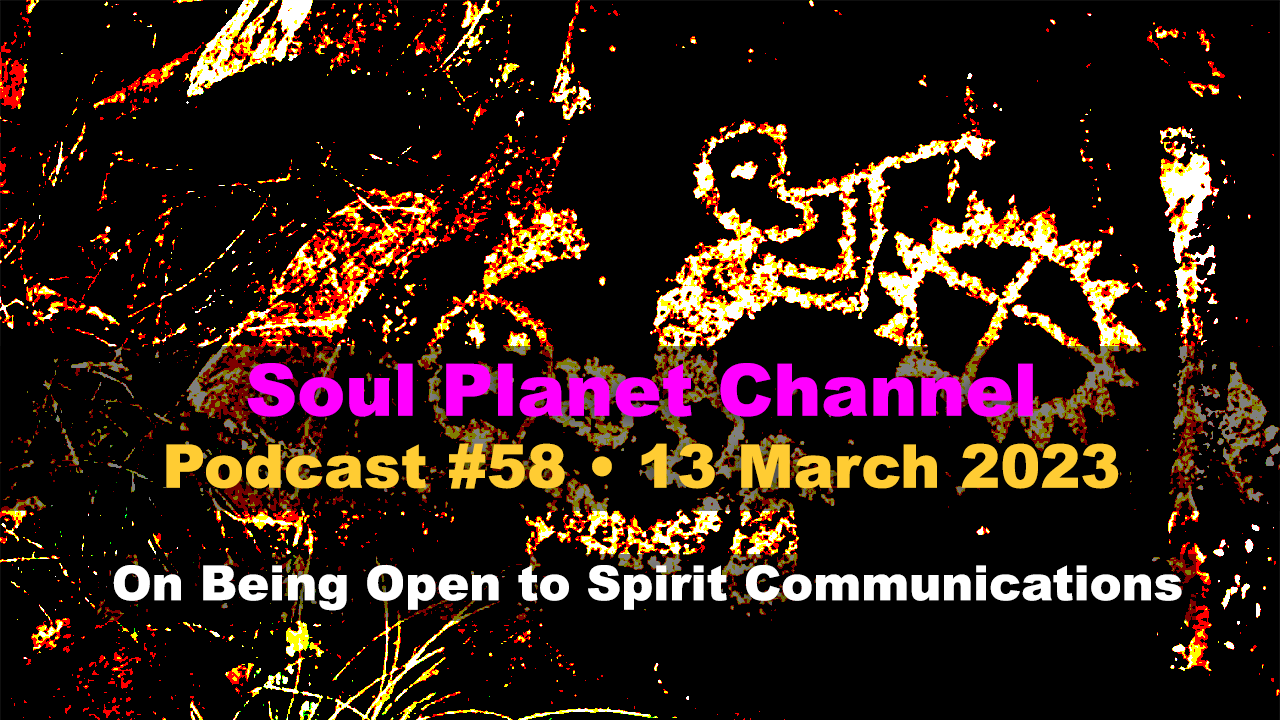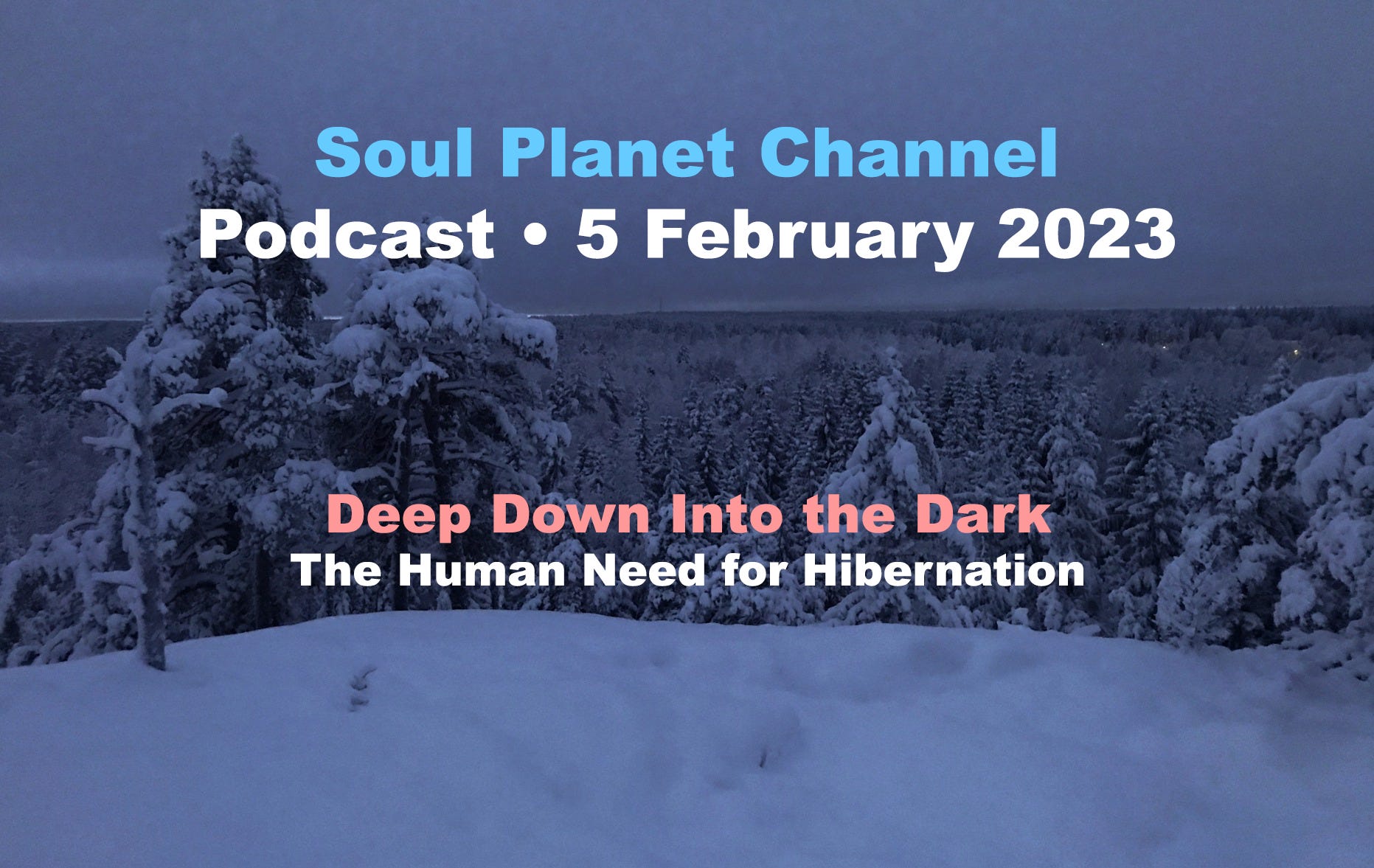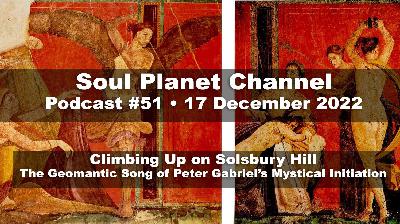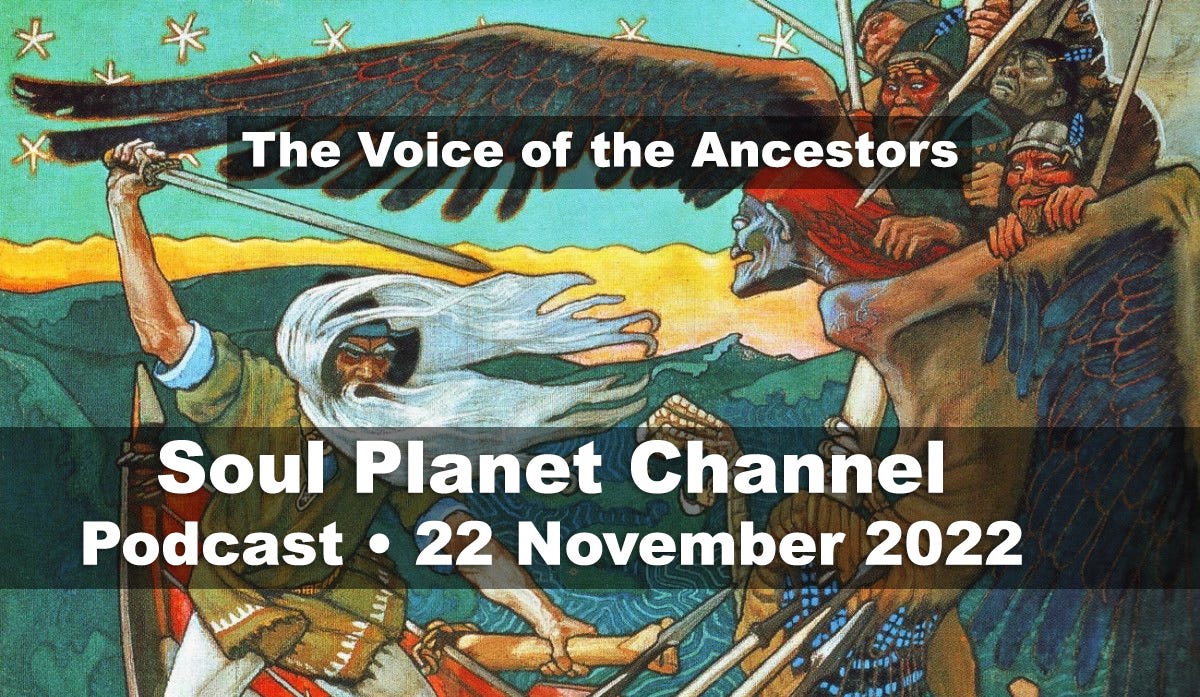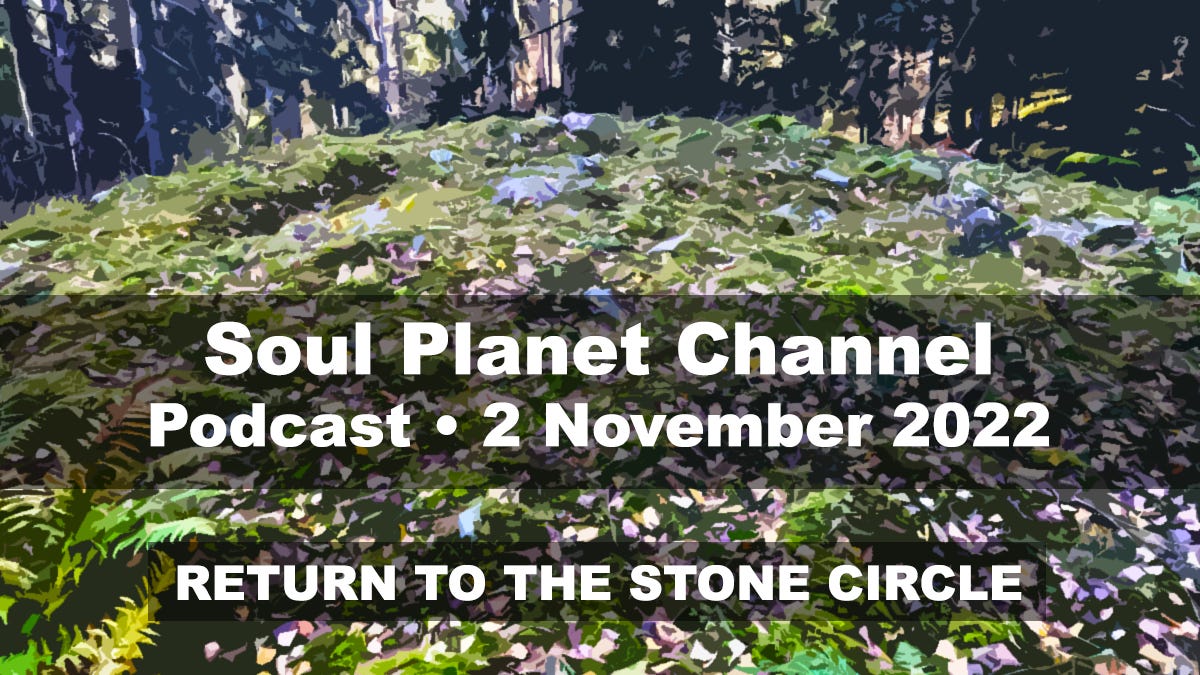#52. The Solstice Hinge Between Death and Rebirth
Description
For Franklin Robertson, my long-time friend and compatriot in the world of poetry and teaching
Over the years, the Robert Frost poem that I have taught the most is his ever-popular “Stopping by Woods on a Snowy Evening.” It has in many ways served me as a good way to counter some of the assumptions many readers hold concerning Frost’s poetry, including the idea that he himself seemed to suggest when he wrote that writing poetry in free verse was like playing tennis without a net. I have also countered the common reading of the poem’s final stanza as expressing a longing for death, for extinction (or deep rest) of some kind presumably because, as he points out, the “woods are lovely, dark and deep,” and yet now is not the time for sleep. For we must always keep in mind that it is far from accidental that the Winter Solstice, “the darkest evening of the year,” has come to signify the rebirth of the spirit. This seasonal round drawing us into the onset of death promises the rebirth marked by the ever-rising sun that follows. The dark of midnight begets the rising sun of dawn.
Instead of being the record of a death wish, this poem, as I read it, is bursting at the seams with a kind of rebellious spirit that the rhyme scheme continually seeks to subdue. In this case, then, we have a poem that illustrates the desire to tear down the nets while operating within their limits. If there is death in the poem, it is the death of the spirit occurring once the poet-speaker decides to leave the woods—at once so lovely, dark and deep—and continue his journey across the miles between him and that restorative sleep that will have to take the place of his longed-for snowy evening ecstasy. But let’s not get ahead of ourselves!
I am Gabriel Hartley, and this is yet another episode of my Soul Planet Channel for today, the 21st of December 2022. Today’s episode is entitled “The Solstice Hinge Between Death and Rebirth: On ‘Stopping by Woods on a Snowy Evening.’”
As with all forms of social media these days, if you like this post, please hit the like buttons, share it with your friends, and become either a free or paid subscriber. If you wish to help me out in this work but don’t wish to sign up yet for a paid subscription, you can make a one-time donation to this project by clicking the “Buy Me a Coffee” link. In any case, thanks for being here and reading and/or listening to my message!
As in my discussion of “After Apple-Picking,” I will pursue a recursive mode of reading here, by which I mean that I will pass through the lines a few different times as I point out various elements of the poem that call to me. I believe that this recursive engagement becomes a part of the poem itself, as it does with “After Apple-Picking,” as it unravels its various layers for the attentive reader who agrees to stop by woods along with the speaker and embrace this solstice pause in the common run of things.
But first, let’s read through the poem in its entirety in order to get a feel for its flow and tensions:
Whose woods these are I think I know.
His house is in the village though;
He will not see me stopping here
To watch his woods fill up with snow.
My little horse must think it queer
To stop without a farmhouse near
Between the woods and frozen lake
The darkest evening of the year.
He gives his harness bells a shake
To ask if there is some mistake.
The only other sound’s the sweep
Of easy wind and downy flake.
The woods are lovely, dark and deep,
But I have promises to keep,
And miles to go before I sleep,
And miles to go before I sleep.
In our first reading through the poem, let’s take a look as much at what is not said as what is. Take the first word of the poem, for example, “whose,” which dominates the first stanza:
Whose woods these are I think I know.
His house is in the village though;
He will not see me stopping here
To watch his woods fill up with snow. (1-4)
We begin in media res, in the middle of things, with a possessive pronoun that suggests a world of relationships and complications that are never spelled out for us, but which give us the restrictive context driving the speaker’s desire for stopping. The entire world of the poem is laid out by the word that tells us that we are operating in a world of property relations, or, more accurately, private property relations. In Finland, for instance—where the law of Everyman’s Right (or Jokamiehen oikeudet) allows anyone freely yet respectfully to roam the vast countryside, archipelagos, lakes, and forests of this mostly rural nation—the idea of a forest being someone else’s land is quite foreign. The primary conflict confronting the speaker in “Stopping by Woods”—the sense of these woods being somebody else’s property and therefore off limits—just doesn’t exist here. There is rarely a reason to wonder “whose woods these are” in Finland.
Retroactive Ellipsis
This distinction between different national traditions regarding property relations brings me to a discussion of a rhetorical move that Frost frequently employs and which dominates this poem in particular. I will refer to this narrative gesture as retroactive ellipsis.
The term “ellipsis” suggests that, in the development of a sentence or a response to a question, something has been left out that needs to be assumed by the respondent in order to complete the statement. This mechanism allows us to avoid unnecessary repetition in communication. For example, I might say, “I want that apple that has been left upon some bough,” to which the apple farmer might ask, “This one?” and I respond, “Yes.” The farmer’s elliptical question could be filled out as “Is this the one you want me to pick for you?” and my elliptical answer could be completed as “Yes, that is the apple that I want.”
In everyday speech, ellipsis allows us to save time without losing the meaning we are sharing. I would add that in speech this gesture also creates a semiotic bond between speakers that draws each person into an intimate circle for sharing information. This typical kind of ellipsis operates on the grammatical level, leaving out unnecessary but understood grammatical parts of the sentence.
But what I am suggesting about Frost’s poetry is that he uses a mode of logical rather than grammatical ellipsis. In this case, we are presented with the conclusion to an argument while the steps leading to that conclusion have been omitted. I am saying retroactive ellipsis to highlight the fact that, unlike typical grammatical ellipsis, in which the meaningful precedents have already been stated and so do not need to be repeated, the reader of Frost’s poems has never been presented with the questions which the poem’s speaker is seeking to answer. The reader must assume that certain questions had been presented before the advent of the poem, and that the reader must then retroactively retrieve those unspoken questions in order to understand what motivated the unexpected answers that the poem provides. So Frost’s mode of ellipsis forces an attentive reader to go back and “recreate” the elements of the line of logical progression that had never been stated previously within the time-space of the poem itself (if, that is, we limit the poem to the words actually written in its lines—we might have reason to expand the boundaries of this poem beyond the actual words as our exploration continues).
To return to the first line of “Stopping by Woods,” we read: “Whose woods these are I think I know.” This opening statement presumes several unstated (elliptical) questions in order to make sense here and which the reader must retroactively bring to life in order to fill out the logical progression we are engaged in. The opening line suggests that the poet has previously asked himself “Whose woods are these?” before the poem even began. And this question itself presupposes a social relationship defined by property ownership, for, as I have mentioned, such a question is not always necessary in a different country organized by different property relations. In an expanded social-historical sense, then, another previous question remains unasked: “What are the specific property relations of the society I am operating in?” It is precisely because of the nature of the specific property relations of modern American society that the speaker ends up in this particular conflict that drives the action and mood of the poem. It is only within this limited social scope that the speaker would have to ask himself whether he knows whose woods these are. “I think I know.”
Having retroactively filled out the logical steps of the first line of the poem, we then find ourselves having to continue in this mode as we move on to the second line: “His house is in the village though.” In order to understand the drama unfolding here, we have to ask ourselves several more unasked questions. First, why does the speaker care whose woods these are? If he were only wishing to sit in his wagon and watch the woods fill up with snow, this question would not arise. The speaker must want to walk off into the woods, then, for any of this drama to arise. The clue that this is the case comes with the concluding word “though.” If the speaker were only curious about who the owner might be, he already thinks he knows and even knows that, if he is right, the owner’s house is in the village. But why “though”? This word signals that another unasked question or statement is hovering in the air at

